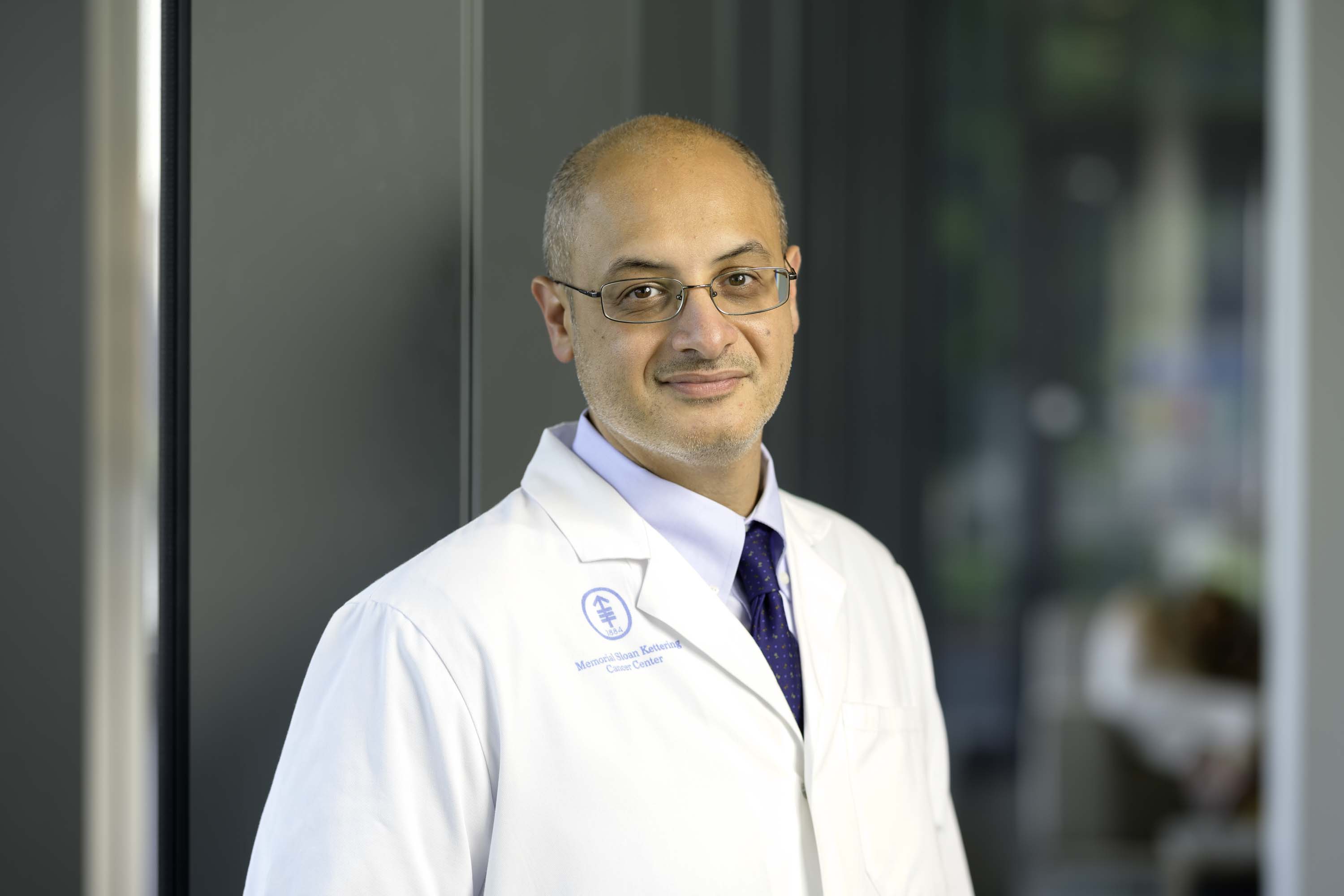
Bio

Somatic cell reprogramming is the process by which enforced expression of defined embryonic transcription factors (TF) in somatic cells changes their fate to induced pluripotent stem cells (iPSC). The latter cells -similarly to embryonic stem cells (ESC) derived by explanting early mammalian embryos- are characterized by two hallmark properties: they can self-renew infinitely in culture and they can differentiate to form all cell types of the adult body holding a great potential for regenerative medicine. In addition, iPSC technology offers a unique and tractable experimental system to study the molecular mechanisms underlying cell fate changes. In our lab we focus on the study of three-dimensional chromatin architecture and its dynamic rearrangements upon differentiation and reprogramming. We hypothesize that the interplay among transcription factors, epigenetic modulators and chromatin topology determines the gene expression program and cell identity. Unraveling the principles of this interplay will enable deeper understanding of physiological or pathological cell fate alterations, such as lineage specification and cancer respectively.
